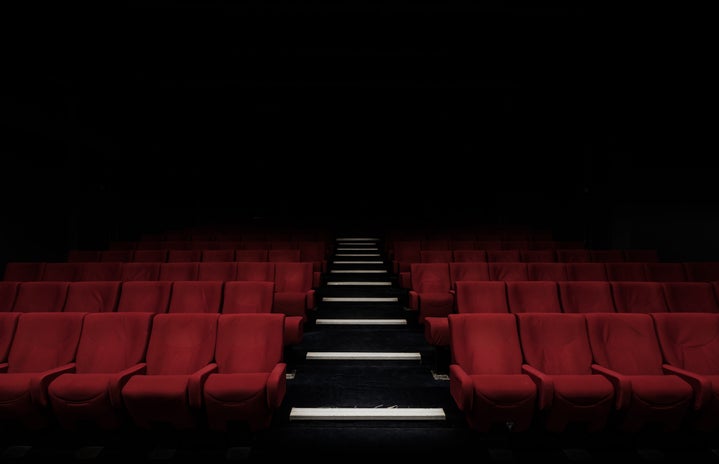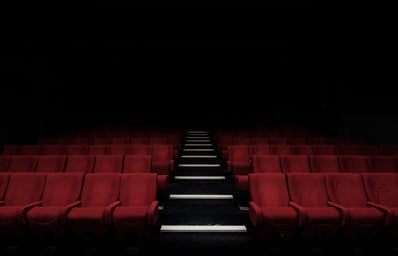Content warning: this article discusses sensitive material, including sexual assault. This article also contains spoilers for The Gentlemen.
With a title like The Gentlemen, I knew right from the beginning that I wouldn’t need to break out any Bechdel Test-type analyses when watching the movie. It would suffice to say that I wasn’t expecting much in regards to what I could relate to and identify with in the movie. That was fine though, as I’ve seen plenty of movies that I don’t necessarily identify with at first glance (Star Wars, Avengers, etc.). As my boyfriend so generously reminded me, “What about that time you made me see Little Women?” My ability to relate to a movie is by no means a threshold of its success, but I knew right away I wasn’t a member of the target audience that The Gentlemen was trying to appeal to. So be it.

Why, then, do I feel the need to stick my nose in and voice my opinion on a subject that clearly wasn’t intended for me? Well, The Gentlemen “shattered my expectations,” as one might say. One might also say that it was a subpar movie filled with overused tropes, but whatever this “one” person has to say is of little relevance to what I think. Admittedly, I enjoyed the movie.
Matthew McConaughey plays a British weed dealer (albeit any accent) trying to sell off his business and go into retirement with his beloved wife, played by Michelle Dockery. A common theme throughout the movie is that McConaughey’s character has a soft spot for his wife, and he makes it very clear that he takes any threats against her as threats against himself. Dockery’s character owns a successful business and is portrayed as McConaughey’s equal throughout the movie.

All was going well in terms of female representation — which, for a movie with the title that it has, could be considered to be more than generous toward women. In fact, one of the most surprising things throughout the whole movie to me was that women weren’t just being used as arm candy. In a movie about drug dealers, it shocked me that there was no making fun of strippers, derogatory language toward trophy wives, or anything else you could find in similar movies. But then I realized that the only reason this was true was because there were only around four women in the whole movie. I guess it’s hard to be a jerk toward a woman when she doesn’t exist in the world you’ve created.
But, in the grand scheme of things, it’s not going too bad. At least we have the badass Michelle Dockery character making strides…and then, all of a sudden, we don’t. Both McConaughey’s and Dockery’s characters get caught up in separate holdups at the end of the movie, with McConaughey’s involving blood and a car chase (actually, a van chase) and Dockery’s involving a gun and an attempted rape. Dockery’s character is cornered in her office by three men, but luckily she pulls out a gun and shoots the first, and then the second, and then…wait, she’s out of bullets! How convenient. The remaining man, before killing Dockery off, decides that he wants to rape her. This coincidentally gives McConaughey just enough time to drive across town and save the day before the man can actually do anything.

I felt lied to. Dockery’s character wasn’t a badass at all; she was simply a damsel in distress, in disguise. I’d never seen that trope so clearly veiled in that way, almost as if its purpose was to make some people not notice at all and to make others able to stomach it. Sure, the number of bullets she had could have been a complete coincidence, but then why did the other men have no guns at all? Some writers had to figure out a scenario in which Dockery’s character had to be independent but also needed to be saved, and the classic not-enough-bullets excuse was perfect.
I could be crazy, I could be overthinking this, or I could just be a very angry person. I’ve run through all those scenarios in my head. Regardless of that, I feel the most angered by the fact that no one else is angry with me, because that means the people who made this movie don’t see anything wrong with it. There’s a hopelessness that comes with trying to get someone to acknowledge a problem that they don’t recognize, because it’s much easier to be angry at someone who knows they’ve done something wrong. How can I attempt to get across my grievances to someone who doesn’t lose sleep at night over the fact that they’ll never care what I have to say?



